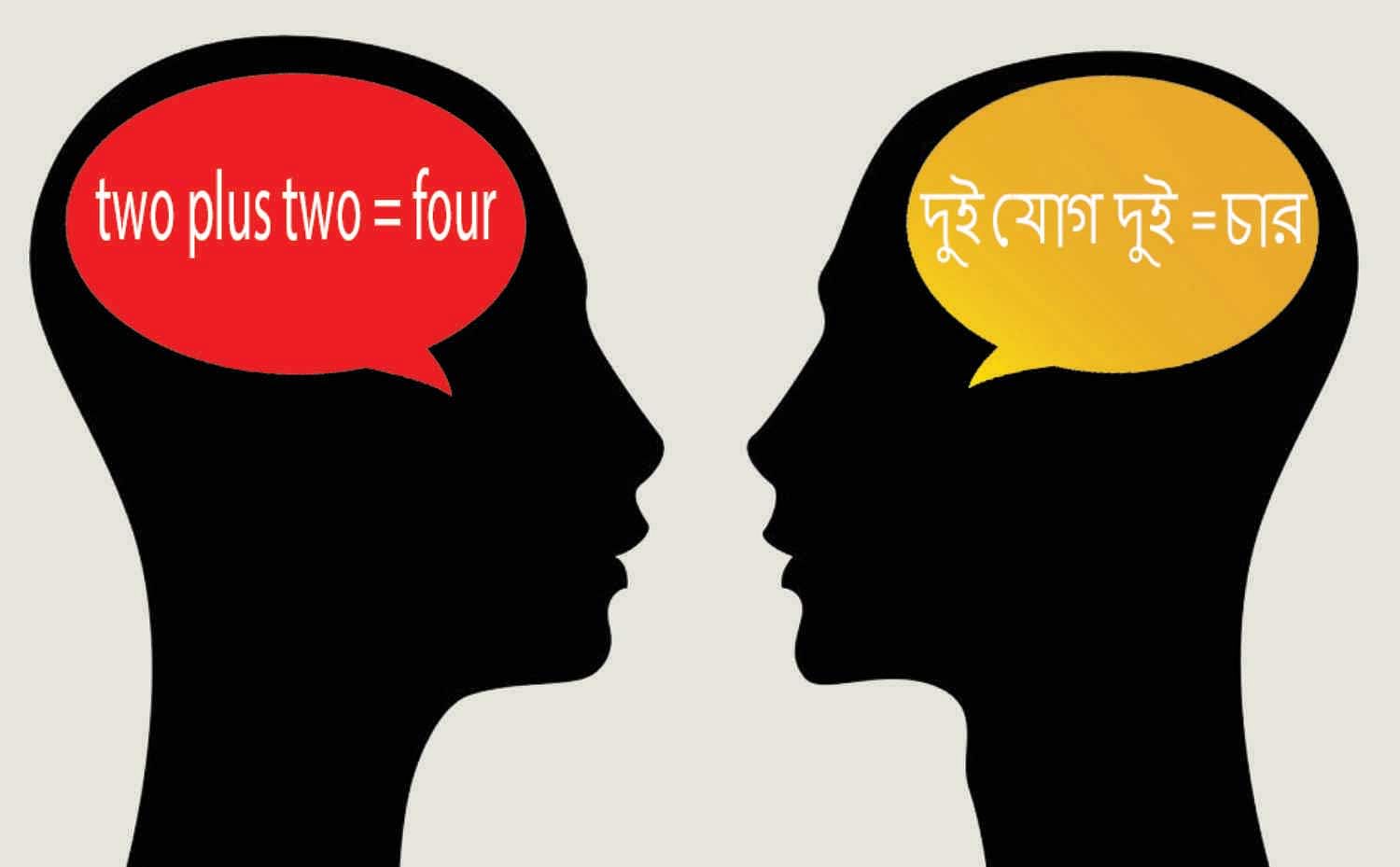IS GOOD ENGLISH A MEASURE OF INTELLIGENCE?

For as long as I've studied under an English medium curriculum, which is all my life, my friends and I have boasted about being Grammar Nazis. I wish I could say that all that entailed was being exceptionally good in English. But what we often did instead was make fun of someone who wasn't as fluent in English as us. I've seen people being shunned out of social cliques in high school and I've seen them being called “un-smart” or “dumb” based on their vocabulary. In quite a few of these cases, I've even taken part in such discrimination.
When I left behind my sheltered little group of friends and entered university, I was exposed to a much wider variety of people. There were some who were just as well-spoken as my friends and I were, and needless to say, I got along with them right away. I stuck to them, happy to have found an extension of the world I was used to, and continued to not make an effort with anyone who wasn't similar to my old group of friends.

And then I met people who were a little different. They were so warm and kind-hearted that I found it surprisingly easy to want to get to know them. I met people who aced courses with half the set of vocabulary I possessed. But these were people who could solve math problems in their heads, answer questions in the classroom with far more accuracy in concept and far less proficiency in English than I could and take care of real-life tasks with so much ease and efficiency that they made it look like child's work.
This exposure to people of different backgrounds opened my mind and allowed me to appreciate the true meaning of skills and intelligence. To be intelligent refers to a person's ability to exercise brain power. It means that they are able to grasp concepts and build ideas on them. It also means that they are able to deal with, work around and solve problems around them using their own powers of deduction and imagination – be it on an exam paper, a boardroom or real life.
English, meanwhile, is simply a language. The most universally useful, accepted and respected language no doubt – but just a language nonetheless. A well-oiled English vocabulary reflects in a person a sound educational background in the language. It means that they've been brought up and groomed in a way as to be well-spoken in English. It may also reflect the person's love of English literature, language and culture. It does not, however, certify that person's level of intelligence. To be intelligent is to know not to make fun of those who may be different from us, but no less smart.

This in no way undermines the significance of being able to speak in English fluently. It is a language that in a way ties all cultures together by allowing people from all around the world to understand each other. It helps a British delegate understand the words of his Indian counterpart. It allows a Bangladeshi fan to express her undying love for an American musician. English helps build businesses and relationships all around the world. Proficiency in English, therefore, enables us to communicate and interpret our ideas and opinions to people from any other culture or country. What it doesn't do is help make and cultivate those ideas.
Take my computer for instance. As I write this article, it displays all the words and sentences perfectly as I type them out. Word may type out my writing in perfect English and even correct a few of my errors in grammar, but it doesn't tell me what to write, what to think and what to believe in. An Excel sheet may carry out calculations on my command, but it won't tell me what the numbers mean. That is where the brain comes in, and the brain speaks a language all its own.
Is speaking good English an important quality in today's world? Absolutely. Does speaking good English make you more intelligent than someone who cannot? No. Does it entitle you to make fun of someone who cannot speak English? Certainly not.
This doesn't necessarily mean that I'm going to stop being a Grammar Nazi. It means I am going to be as sporting about accepting a correction or word of advice from someone more intelligent than I am and expect them to be just as open-minded when I correct an error in their English.

 For all latest news, follow The Daily Star's Google News channel.
For all latest news, follow The Daily Star's Google News channel. 



Comments